View From the Airport: VMworld US 2019
Gelsinger and co show no signs of slowing down


I think it's fairly safe to say that I picked a good year to visit VMworld US for the first time. While I've been to its European equivalent, this was the first year I went to the main event and it was something of a doozy.
Not only did we get a nice bit of pre-conference sizzle with the news that VMware is acquiring Carbon Black and Pivotal, but the entire show was also a festival of product updates and previews. More than anything else, it felt like a statement of intent from Gelsinger and his comrades, setting out the company's stall for the future.
The big focus of the show and of VMware's main announcements was Kubernetes. The company is betting big on the container technology as the future of application development, with plans to weave it into vSphere with Project Pacific, and use Pivotal and Bitnami's technology to make VMware even more attractive to Kubernetes developers. Virtually every main-stage announcement featured Kubernetes in some capacity, and VMware veteran Ray O'Farrell is being put in charge of getting that side of the business (including the forthcoming Pivotal integrations) running smoothly.
All the new Kubernetes-based products Project Pacific, Tanzu and the like are still in tech preview with no release date in sight and, honestly, that's probably a good thing. I'm really not sure how many of VMware's customers are ready to start deploying containers at scale. Mind you, making Kubernetes management a core part of VMware's capabilities may well go a long way towards encouraging adoption.
It feels like a future-proofing measure more than anything else. Gelsinger is a sharp guy and when he says that containers are the future, he's not wrong. It may not have reached mass adoption yet, but it's growing fast, which isn't surprising given the technology's proven benefits. This isn't a pivot though; VMs aren't going anywhere, as Gelsinger himself has been quick to point out. He notes that all the companies operating Kubernetes at scale Google, Microsoft, Amazon, et cetera operate them inside VMs. More to the point, it'll be a long time yet before Kubernetes gets anywhere close to rivalling VMs in terms of the number of production workloads.
Between the new possibilities promised by Project Pacific, the increasing focus on multi-cloud infrastructures and the forthcoming integration of Carbon Black's technology into the product line, VMware looks like a company at the absolute top of its game, cementing its dominance of the virtualisation market and paving the way for that dominance to continue long into the future. If Gelsinger, O'Farrell and the rest of the team can pull off everything they've promised, then customers and admins have a lot to look forward to.
Get the ITPro daily newsletter
Sign up today and you will receive a free copy of our Future Focus 2025 report - the leading guidance on AI, cybersecurity and other IT challenges as per 700+ senior executives
Adam Shepherd has been a technology journalist since 2015, covering everything from cloud storage and security, to smartphones and servers. Over the course of his career, he’s seen the spread of 5G, the growing ubiquity of wireless devices, and the start of the connected revolution. He’s also been to more trade shows and technology conferences than he cares to count.
Adam is an avid follower of the latest hardware innovations, and he is never happier than when tinkering with complex network configurations, or exploring a new Linux distro. He was also previously a co-host on the ITPro Podcast, where he was often found ranting about his love of strange gadgets, his disdain for Windows Mobile, and everything in between.
You can find Adam tweeting about enterprise technology (or more often bad jokes) @AdamShepherUK.
-
 Two years on from its Series B round, Hack the Box is targeting further growth
Two years on from its Series B round, Hack the Box is targeting further growthNews Hack the Box has grown significantly in the last two years, and it shows no signs of slowing down
By Ross Kelly
-
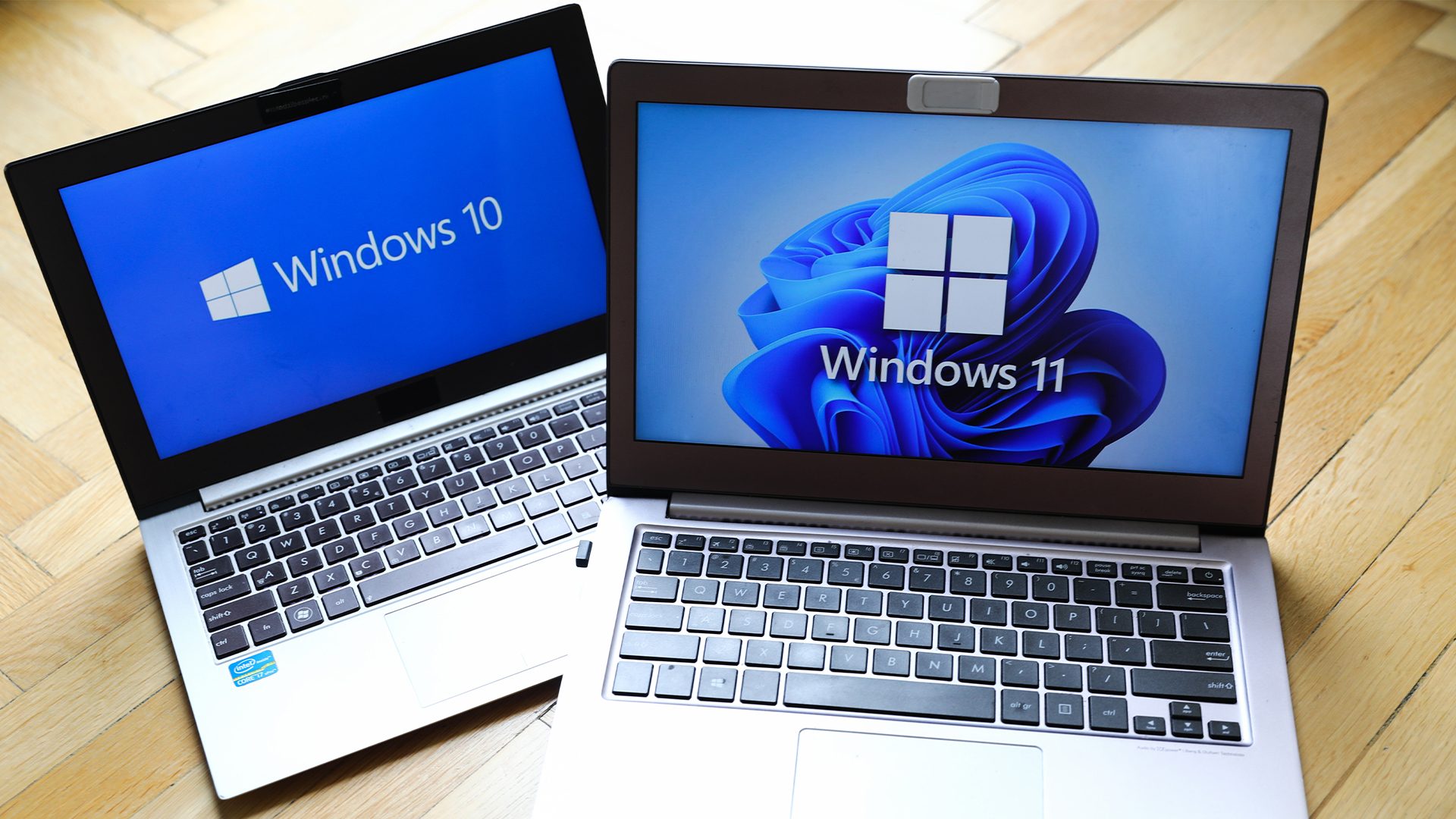 Dragging your feet on Windows 11 migration? Rising infostealer threats might change that
Dragging your feet on Windows 11 migration? Rising infostealer threats might change thatNews With the clock ticking down to the Windows 10 end of life deadline in October, organizations are dragging their feet on Windows 11 migration – and leaving their devices vulnerable as a result.
By Emma Woollacott
-
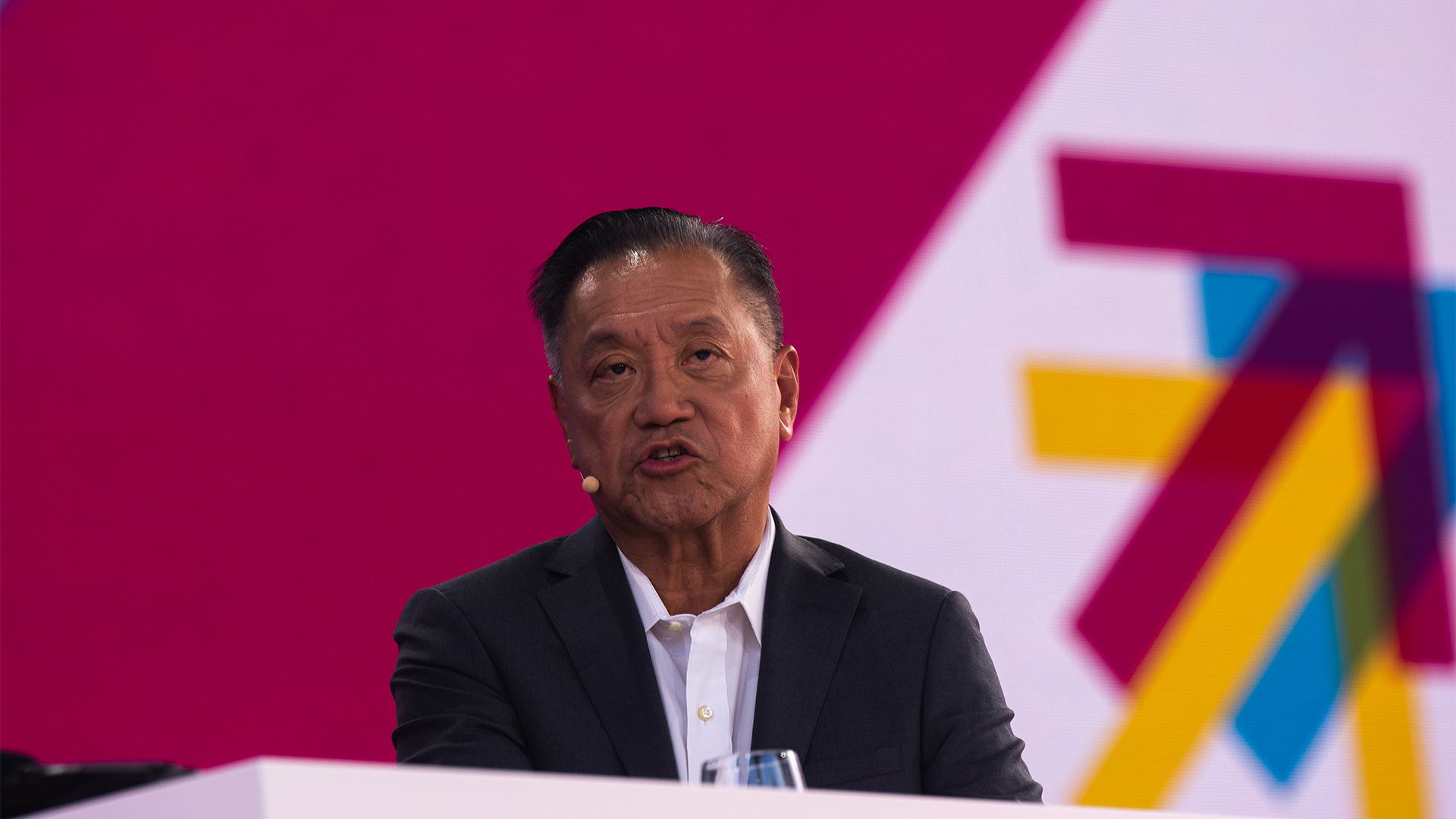 Broadcom records huge growth as CEO Hock Tan hails “successful integration” of VMware
Broadcom records huge growth as CEO Hock Tan hails “successful integration” of VMwareAnalysis The VMware acquisition is finally paying dividends for Broadcom
By George Fitzmaurice
-
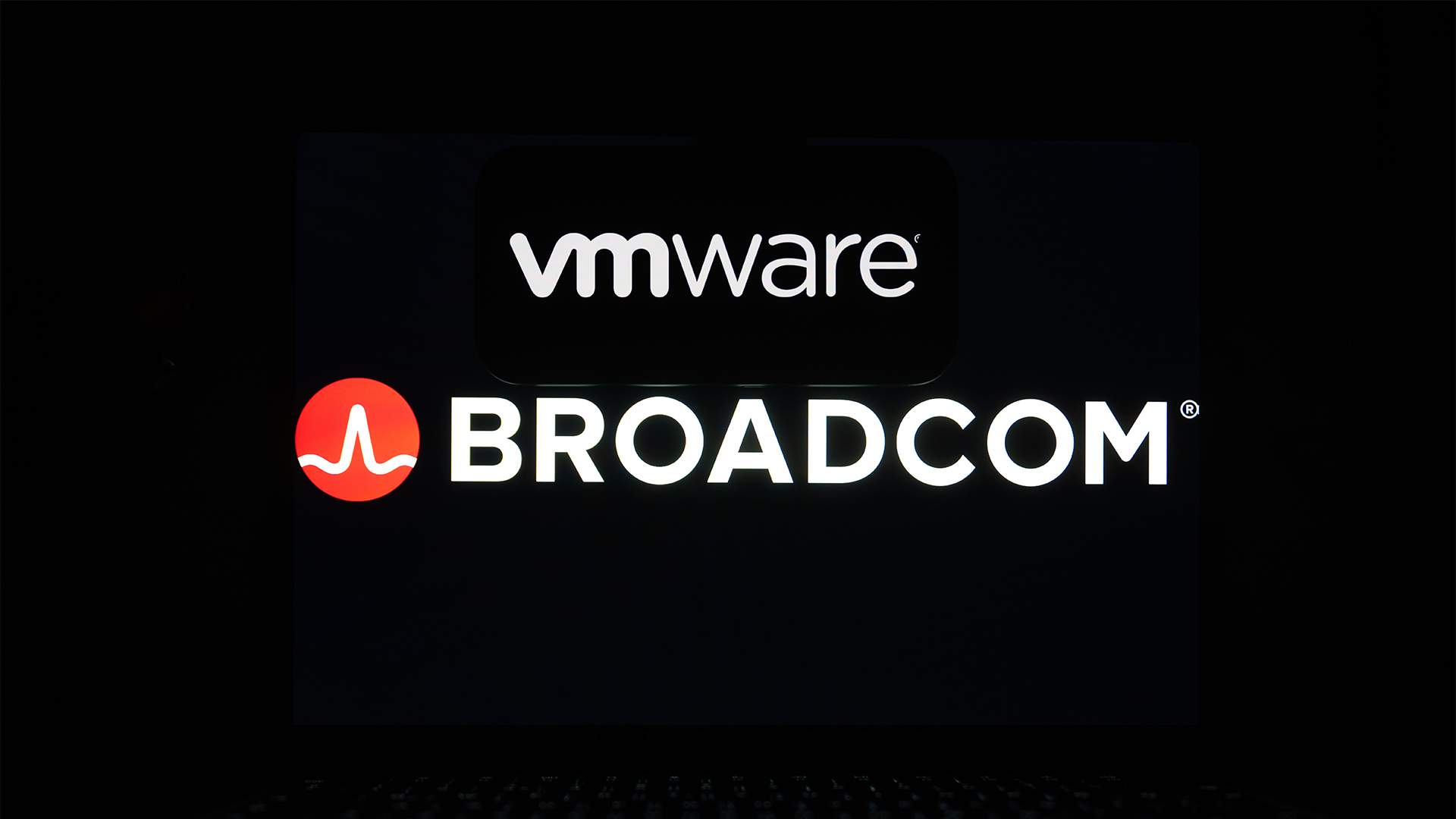 Broadcom EMEA CTO claims the company has been able to solve most of its customer issues following VMware acquisition
Broadcom EMEA CTO claims the company has been able to solve most of its customer issues following VMware acquisitionNews Joe Baguley says the firm has been walking customers through license changes and explaining the value of VMware
By George Fitzmaurice
-
 Cloud repatriation may be nipping at hyperscaler market share, but it’s a boon for VMware
Cloud repatriation may be nipping at hyperscaler market share, but it’s a boon for VMwareNews The firm’s private cloud offerings put it in a strong position to aid customers moving workloads out of the public cloud – but repatriation can’t be the only conversation
By George Fitzmaurice
-
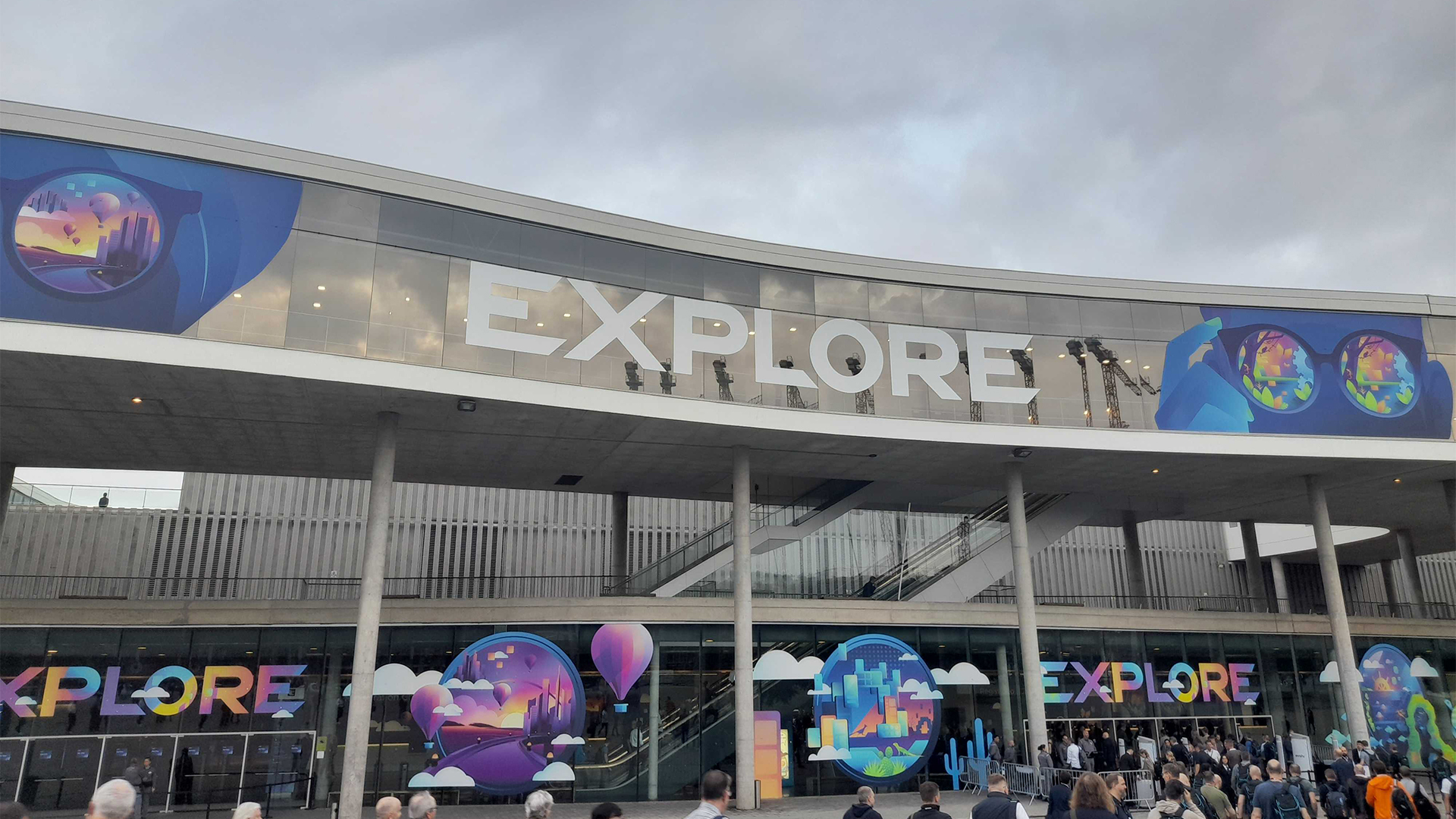 VMware Explore 2024 live: All the news and updates as they happen
VMware Explore 2024 live: All the news and updates as they happenLive Blog ITPro is live on the ground in Barcelona for VMware Explore 2024 – keep tabs on all the news, updates, and announcements in our rolling coverage
By George Fitzmaurice
-
 Pure Storage announces VM assessment service – and it could please beleaguered VMware customers
Pure Storage announces VM assessment service – and it could please beleaguered VMware customersNews The firm unveiled a new tool for managing VM costs as part of its Pure//Accelerate London 2024 event
By George Fitzmaurice
-
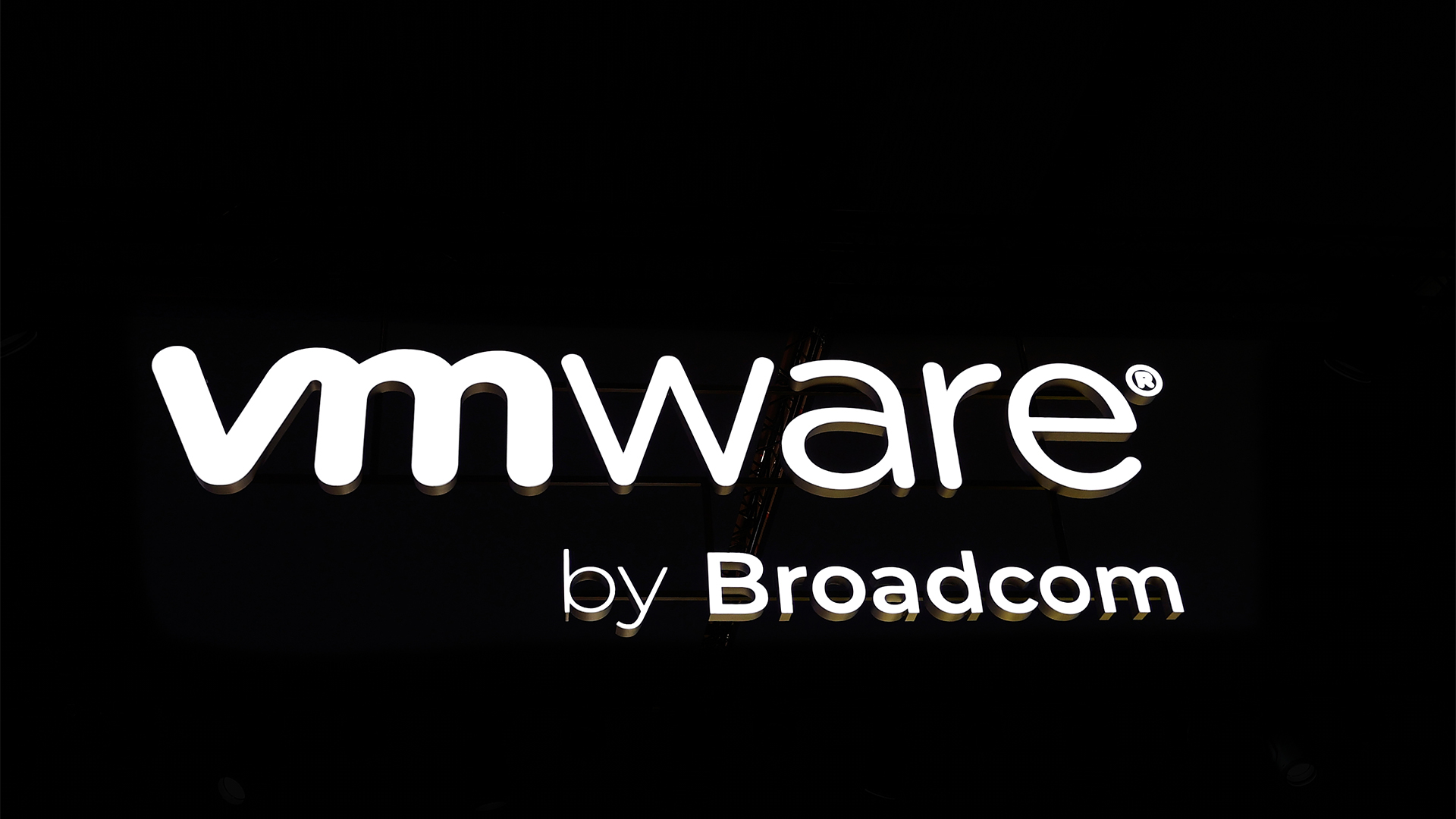 Is a VMware exodus looming? Disgruntled customers are actively seeking alternative providers or exploring open source options in the wake of Broadcom’s acquisition
Is a VMware exodus looming? Disgruntled customers are actively seeking alternative providers or exploring open source options in the wake of Broadcom’s acquisitionNews VMware customers say they are seriously considering alternative providers in light of the turbulence and increasing costs that followed its acquisition by Broadcom
By Solomon Klappholz
-
 Broadcom wants to unlock private cloud’s potential with VMware Cloud Foundation 9
Broadcom wants to unlock private cloud’s potential with VMware Cloud Foundation 9News An emphasis on simplicity matched with improved customer controls underpins the latest VCF improvements
By Rory Bathgate
-
 VMware license changes could spark a wave of data center 'devirtualization'
VMware license changes could spark a wave of data center 'devirtualization'News The increased costs associated with Broadcom’s VMware acquisition is one of the key drivers behind this predicted shift
By George Fitzmaurice